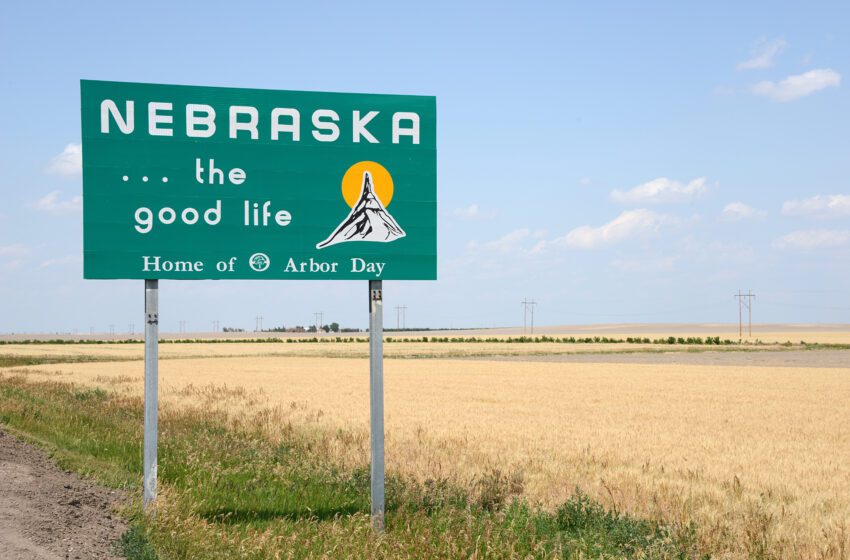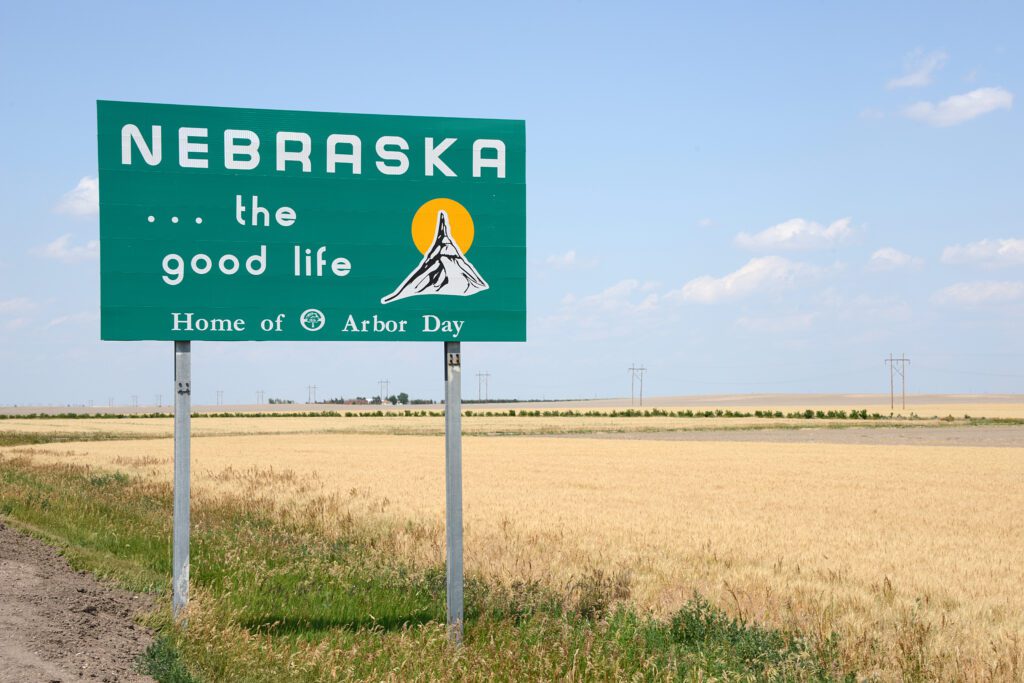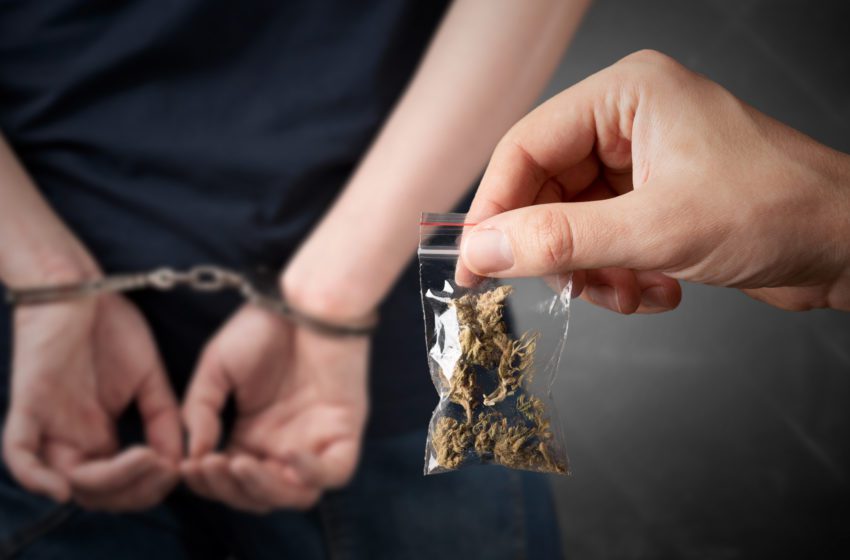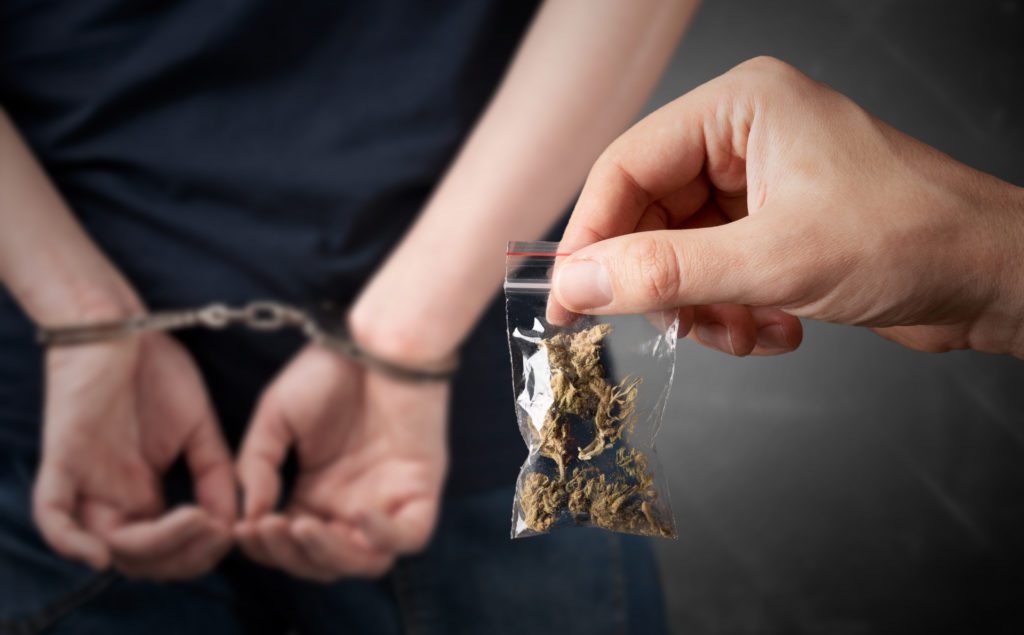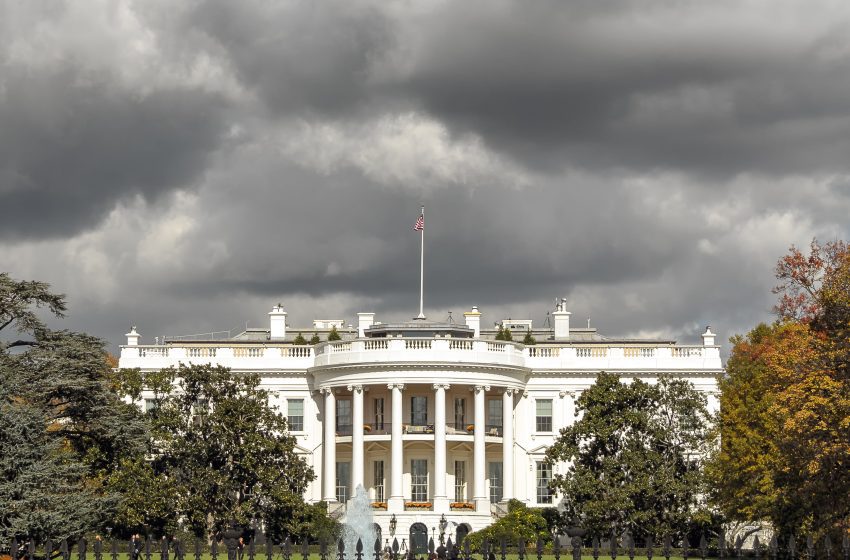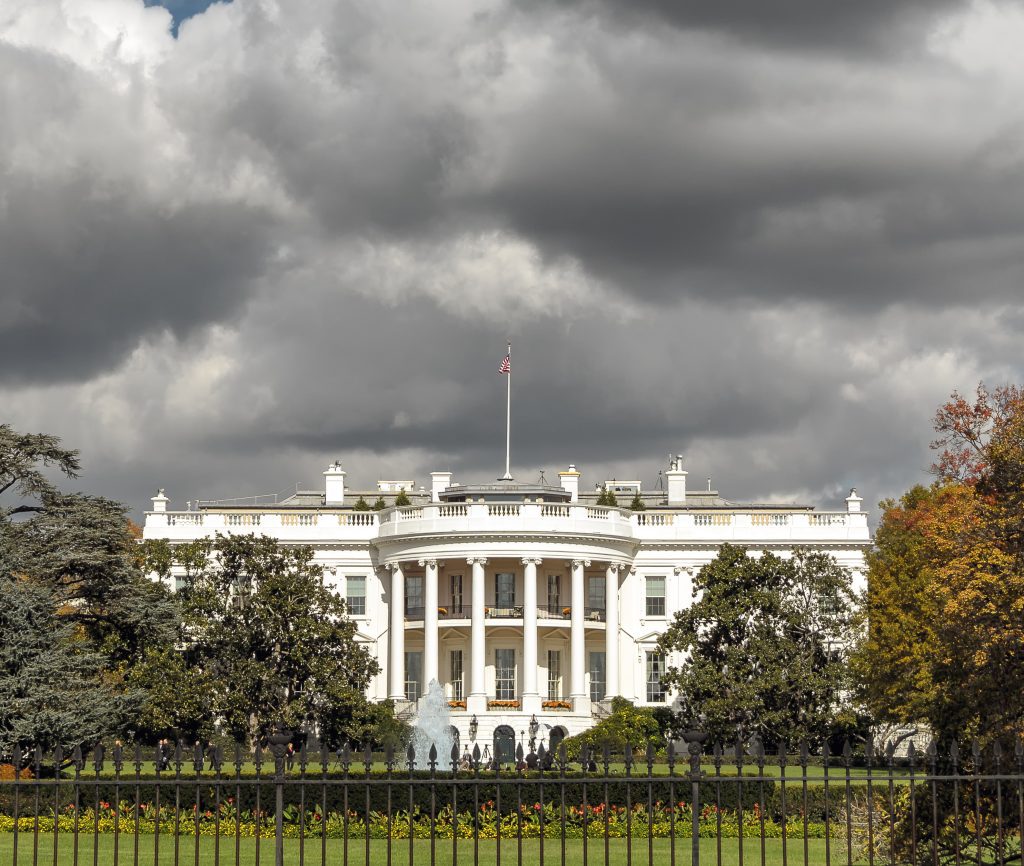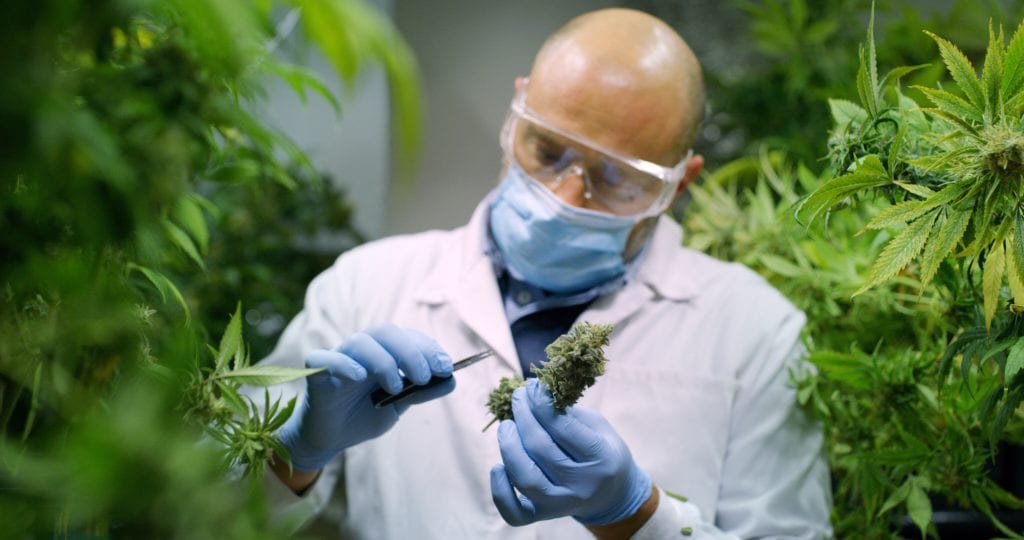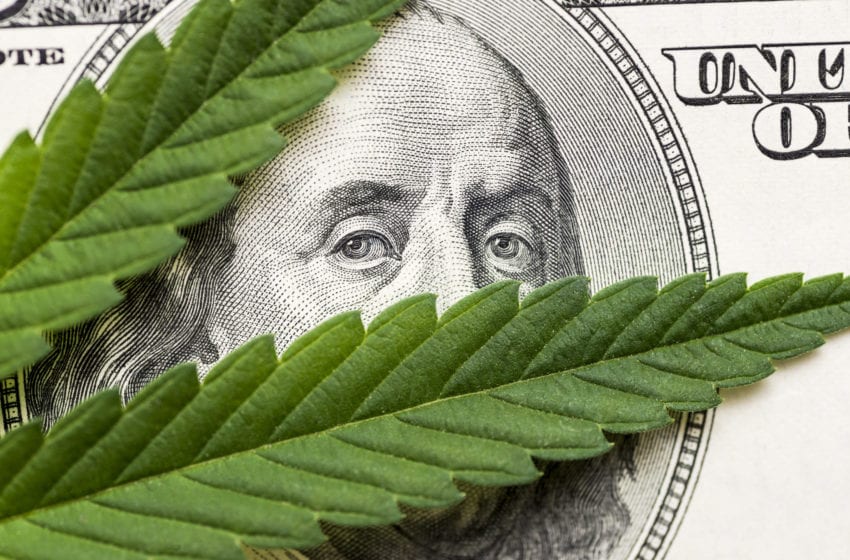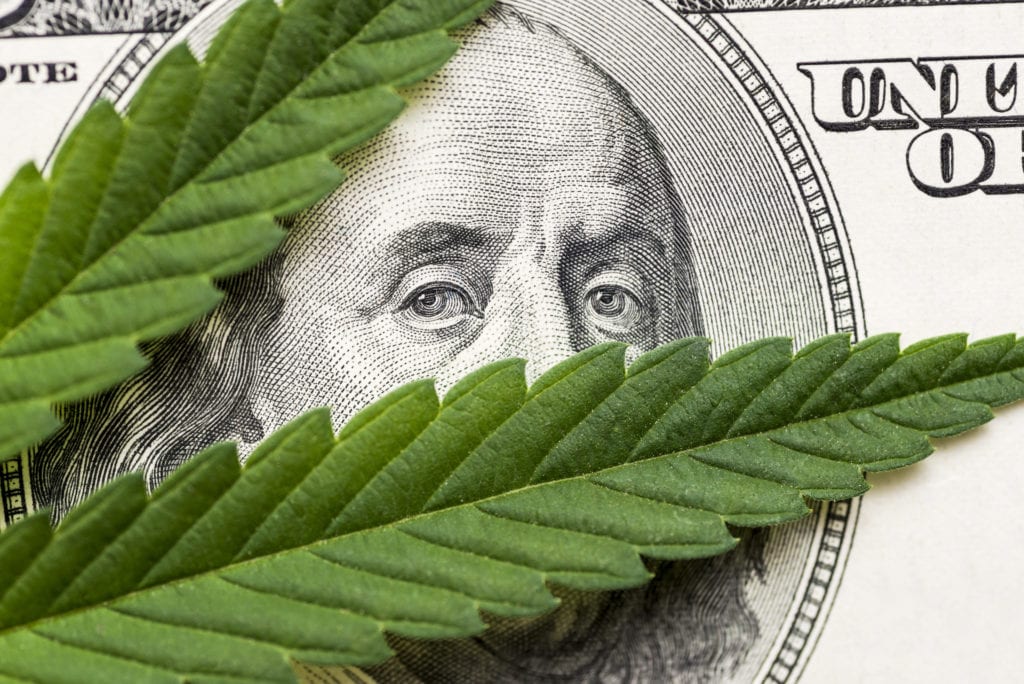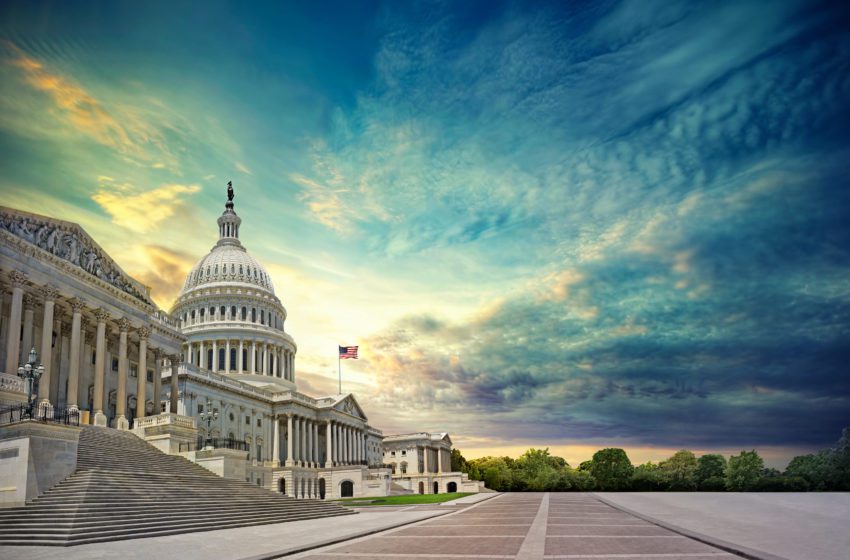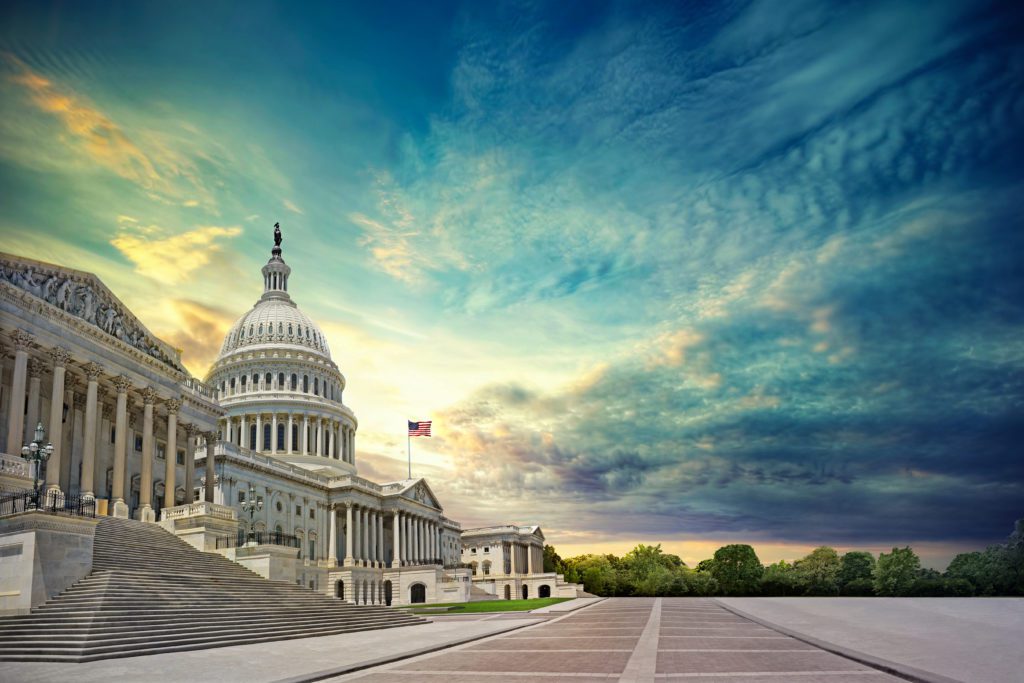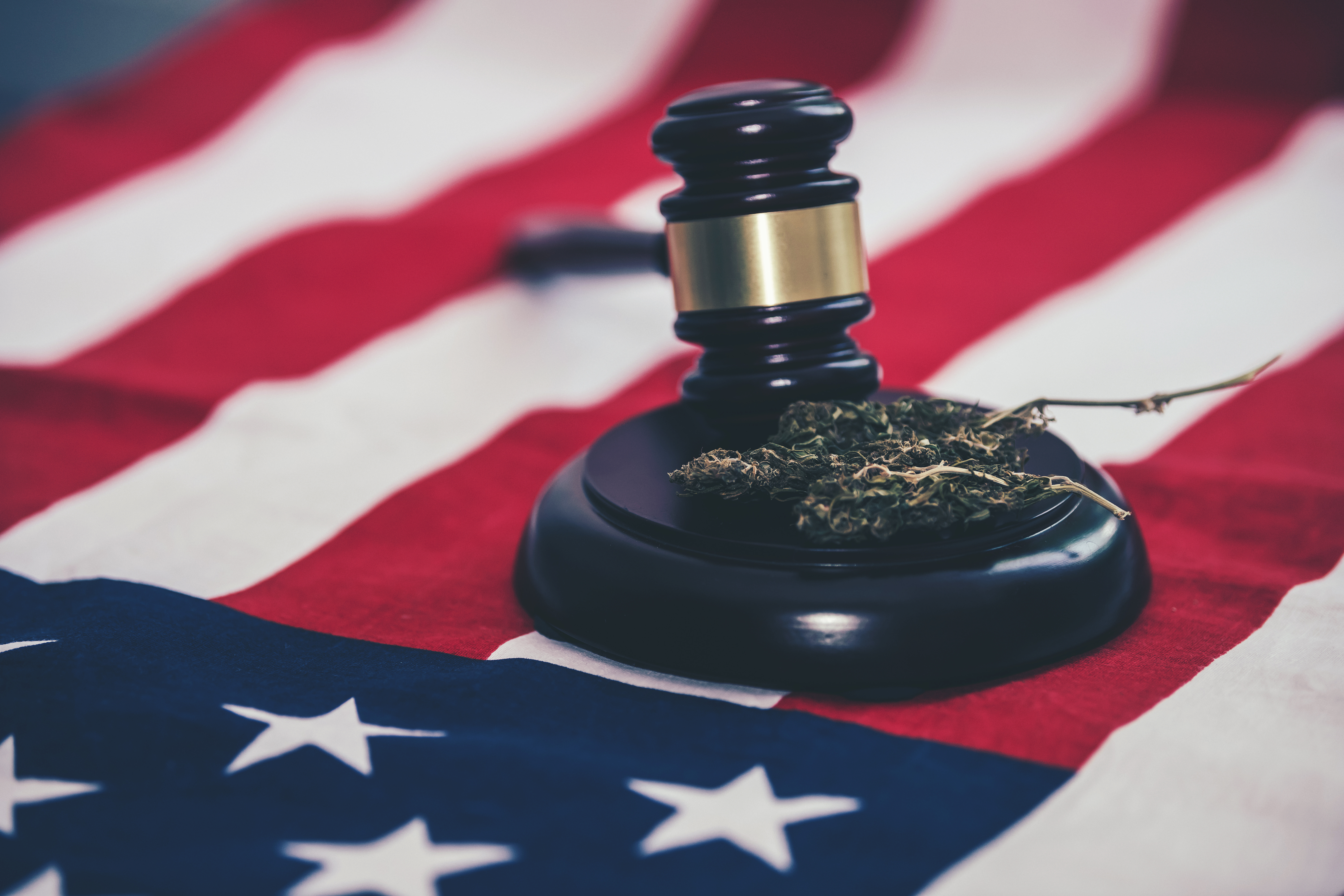Texas may join several states in legalizing recreational marijuana if a bill is passed in the next legislative session.
If passed, the bill would let adults ages 21 and older possess, use and transport marijuana for personal use, up to 2.5 ounces. Up to ten ounces of marijuana could be possessed legally if stored in a secure location.
It would also require cannabis products to be clearly labeled and have child-resistant packaging, WFAA reports.
State Rep. Jessica Gonzalez filed the bill in November, to be considered during the next legislative session. The next session runs from Jan. 5 to June 2, 2025. If the bill passes, it will go into effect Sept. 1, 2025.
The bill would have limitations. Smoking marijuana in public would remain illegal, as would smoking in a vehicle on a public road.
Texas would join 24 other states in legalizing recreational marijuana. The Lone Star State established a medical marijuana program through the Compassionate Use Program in 2015 and is among the 38 states that allow it for medical use.
However, it’s unlikely that the new bill will be passed as Texas officials continue to tighten regulations on marijuana issues statewide.


